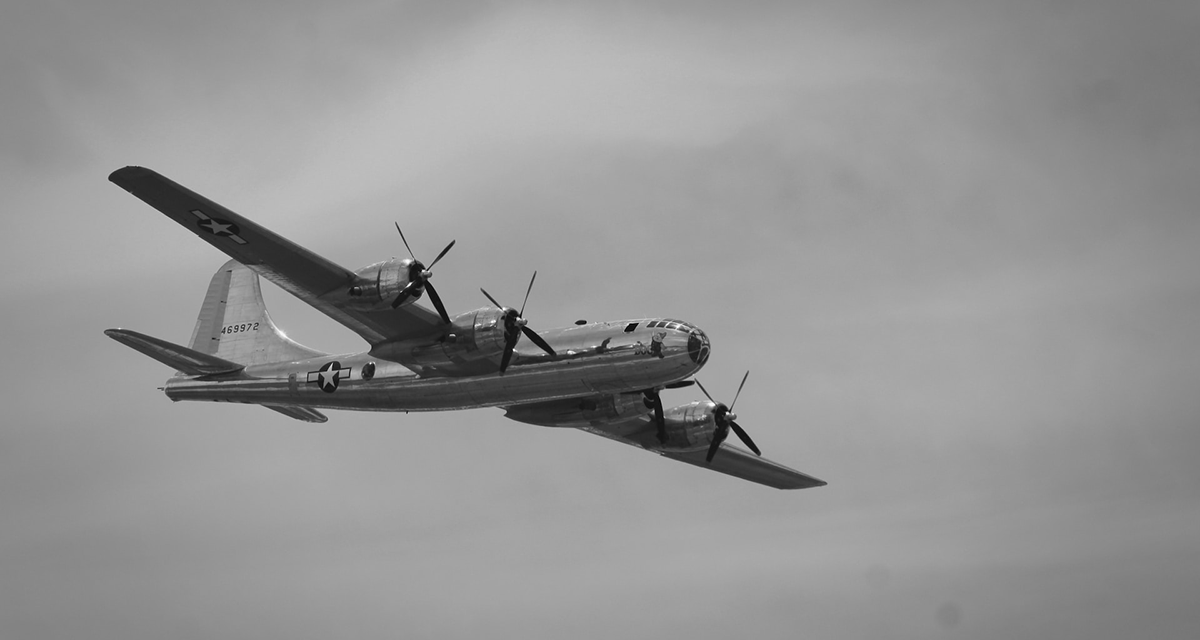World War II remains one of the most significant events in modern history, a conflict that reshaped the world’s political, cultural, and technological landscape.
It was a war that, more than any other, united disparate nations against common foes, redefined the meaning of total war, and led to the creation of new world orders. This post aims to explain the intricacies of World War II, the events that unfolded, and its lasting impact on global affairs.
The Prelude to War: A World on the Brink
The beginnings of World War II can be traced all the way back to the unresolved issues of World War I.
The Treaty of Versailles, intended to ensure peace, left Germany economically crippled and politically unstable. The introduction of Adolf Hitler and the growing Nazi Party capitalized on this discontent, leading to aggressive expansionist policies that defied the post-World War I peace agreements.
The Spark: Invasion of Poland
The official beginning of World War II was marked by Germany’s invasion of Poland on September 1, 1939.
This act of aggression prompted Britain and France to declare war on Germany, setting the stage for a global conflict.
The Axis Powers and the Allies: A World Divided
Two major alliances formed: the Axis Powers, led by Germany, Italy, and Japan, and the Allies, primarily composed of Britain, France, the Soviet Union, China, and the United States.
Each side rallied nations into their fold, polarizing the world into distinct camps.
Theaters of War: A Global Struggle
The war was fought across multiple theaters:
- European Theater: Saw some of the largest land battles, including the Battle of Stalingrad and D-Day.
- Pacific Theater: Characterized by naval battles, island hopping, and culminating in the atomic bombings of Hiroshima and Nagasaki.
- North African and Mediterranean Theater: Noted for significant battles like El Alamein and the Italian Campaign.
- Eastern Front: The site of a brutal conflict between Nazi Germany and the Soviet Union.
Turning Points: The Allies Gain Momentum
Several key events shifted the war’s momentum in favor of the Allies:
- Battle of Midway (1942): A decisive naval battle that crippled Japan’s naval strength.
- El Alamein (1942): Marked the beginning of the end for the Axis in North Africa.
- Stalingrad (1942-1943): Ended Germany’s advance into the Soviet Union and marked a significant turning point on the Eastern Front.
- D-Day (1944): The Allied invasion of Normandy began the liberation of Western Europe.
The Holocaust: A Dark Chapter in Human History
World War II was also the backdrop for one of humanity’s darkest periods: the Holocaust.
The systematic genocide perpetrated by the Nazis led to the deaths of six million Jews and millions of other victims.
The Aftermath: A New World Order
The war officially ended with the unconditional surrender of the Axis Powers in 1945.
The aftermath saw the creation of the United Nations, the emergence of the United States and the Soviet Union as superpowers, and the beginning of the Cold War.
Q&A: Clarifying World War II’s Complex Narrative
In studying World War II, numerous questions emerge about its expansive and intricate history:
Q: What were the primary causes of World War II?
A: The unresolved tensions from World War I, economic instability, aggressive fascist policies, and the failure of appeasement strategies contributed to the outbreak of World War II.
Q: How did the war impact civilians across the world?
A: Civilians faced unprecedented hardships, including rationing, bombings, occupation, and the horrors of the Holocaust. The home front became integral to the war effort, blurring the lines between military and civilian roles.
Q: What technological advancements emerged from World War II?
A: The war accelerated technological innovation, producing advances in radar, jet engines, medical treatments, and nuclear technology, profoundly impacting post-war society.
Q: How did World War II reshape the global political landscape?
A: The war led to the decline of colonial empires, the rise of independence movements, the division of Europe during the Cold War, and the establishment of international bodies like the United Nations aimed at preventing future conflicts.
Reflecting on World War II’s Legacy
World War II’s history is a complex web of geopolitical maneuvers, human stories, and transformative events that continue to fascinate and instruct.
As the world reflects on the legacy of this monumental conflict, questions persist: How can the lessons of World War II inform current global challenges? And how can remembrance serve as a tool to prevent such a catastrophe from happening again?
The echoes of World War II are still felt today, reminding the world of the costs of war and the value of peace. Understanding the conflict is not only an exercise in historical interest but a duty to remember and honor all those who have lived, fought, and died during those defining years.





